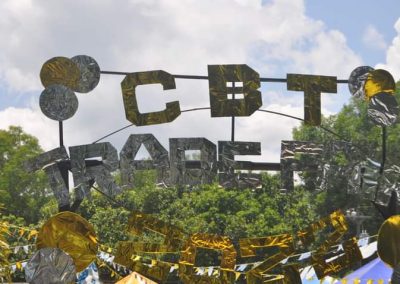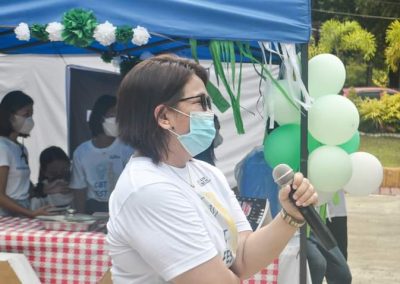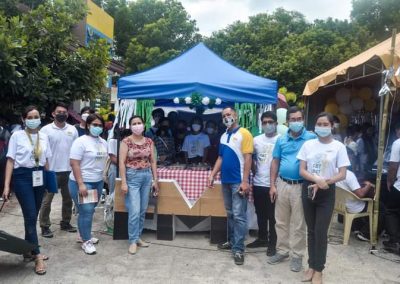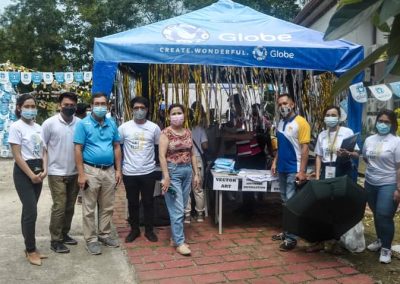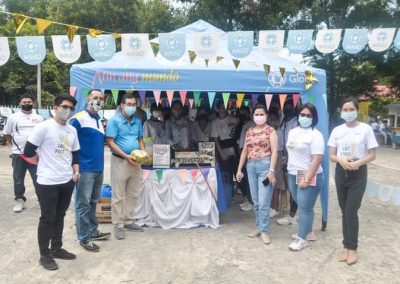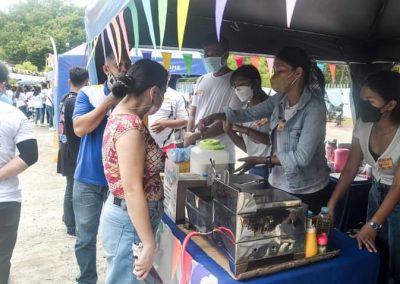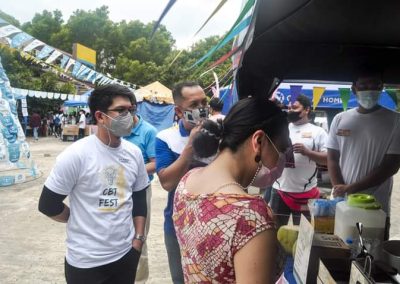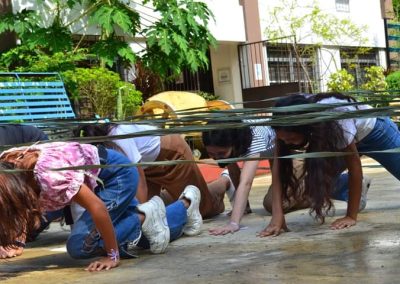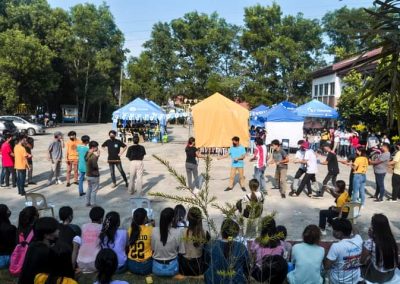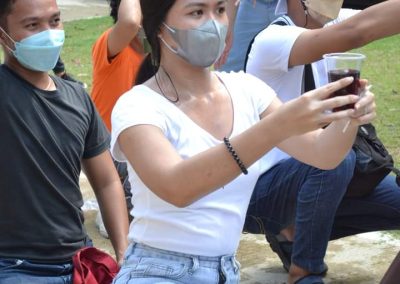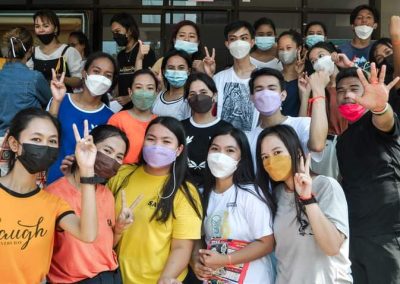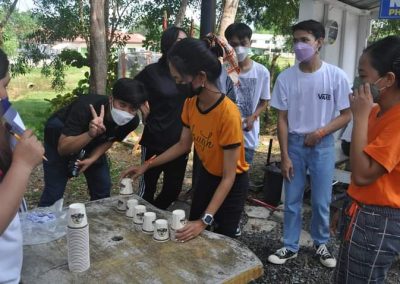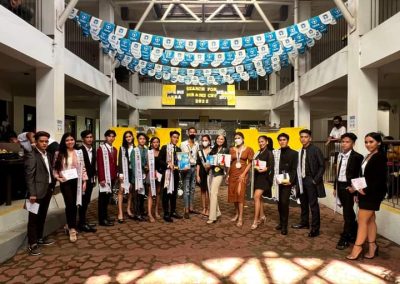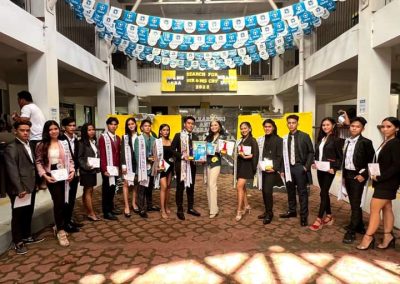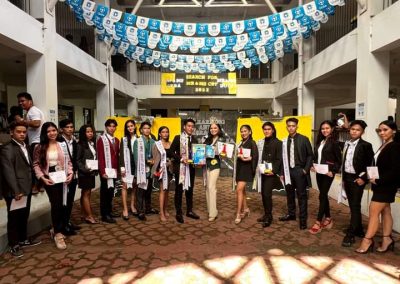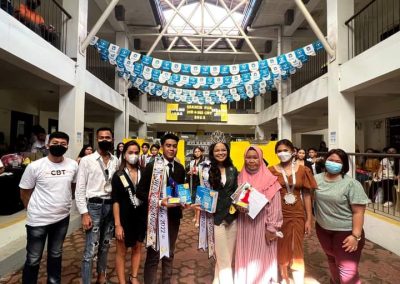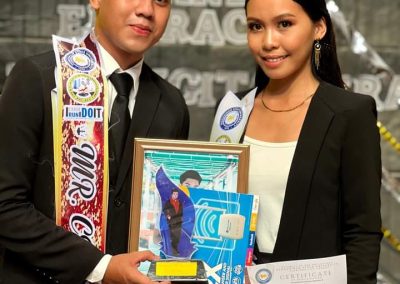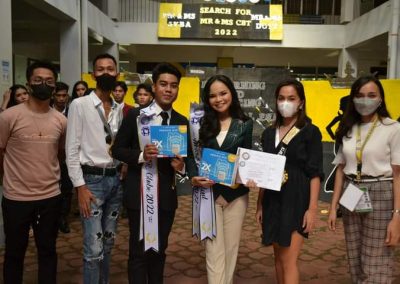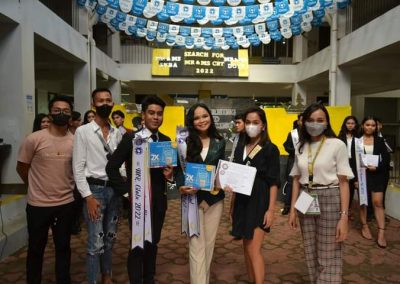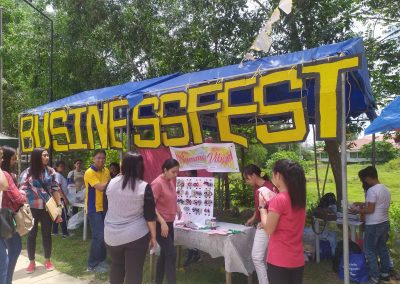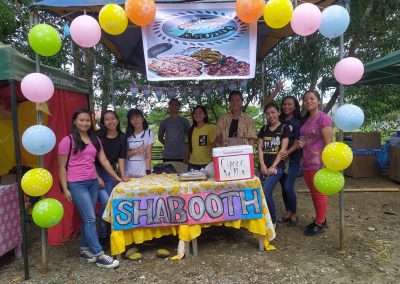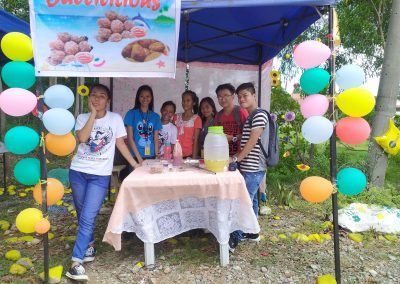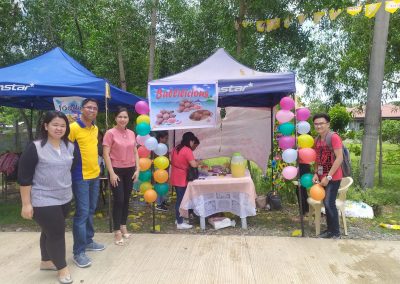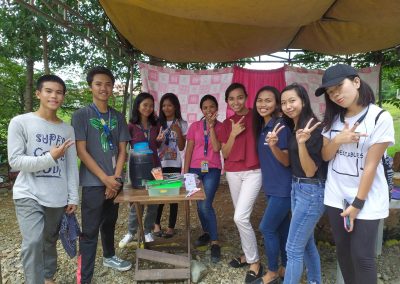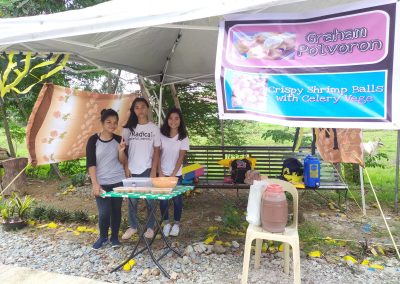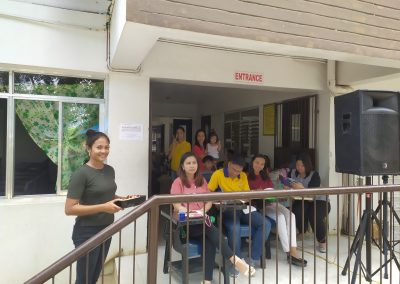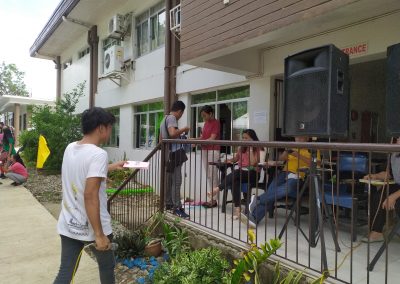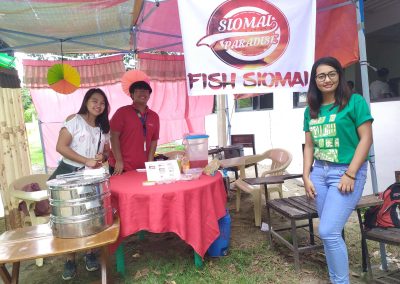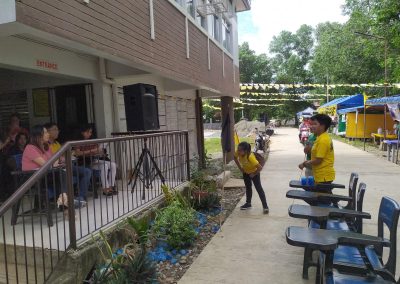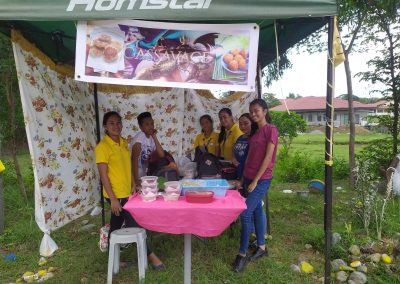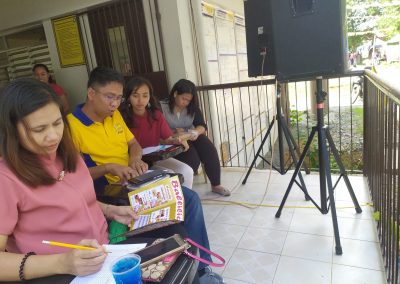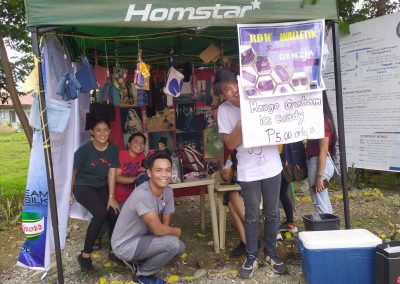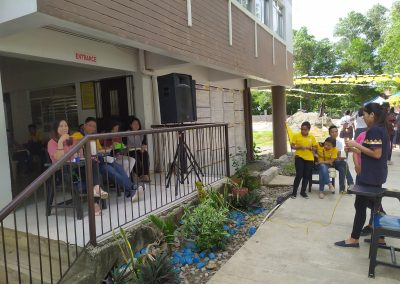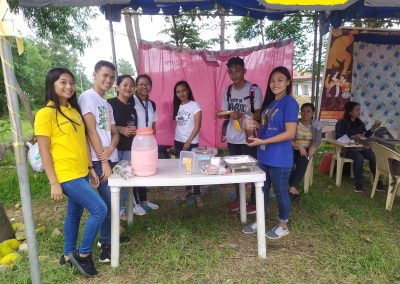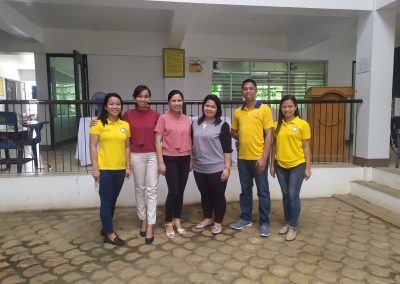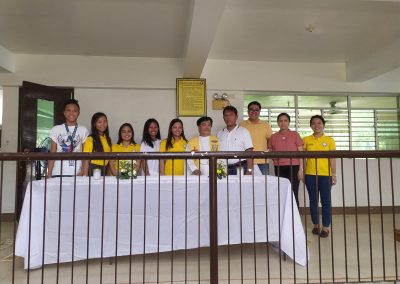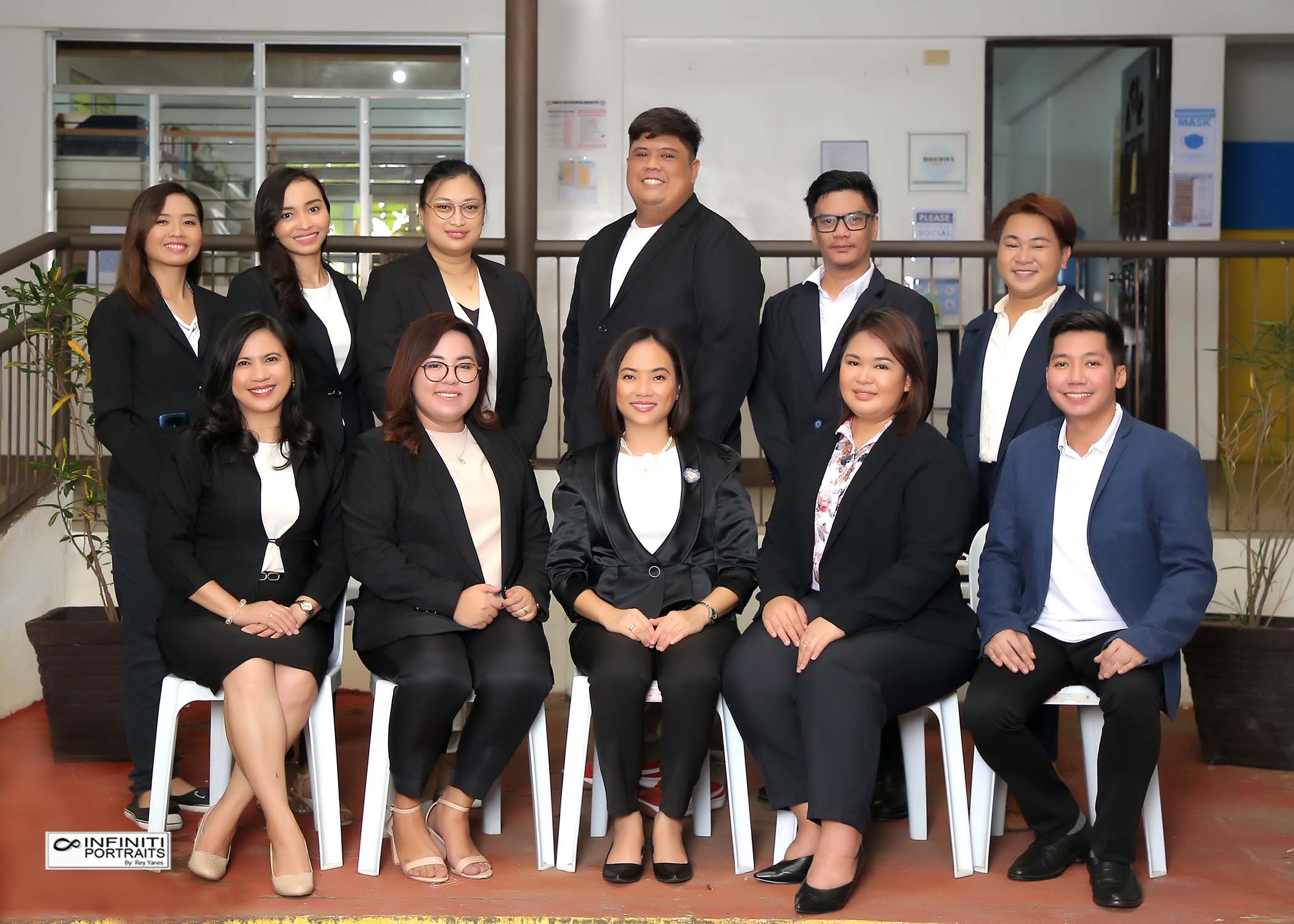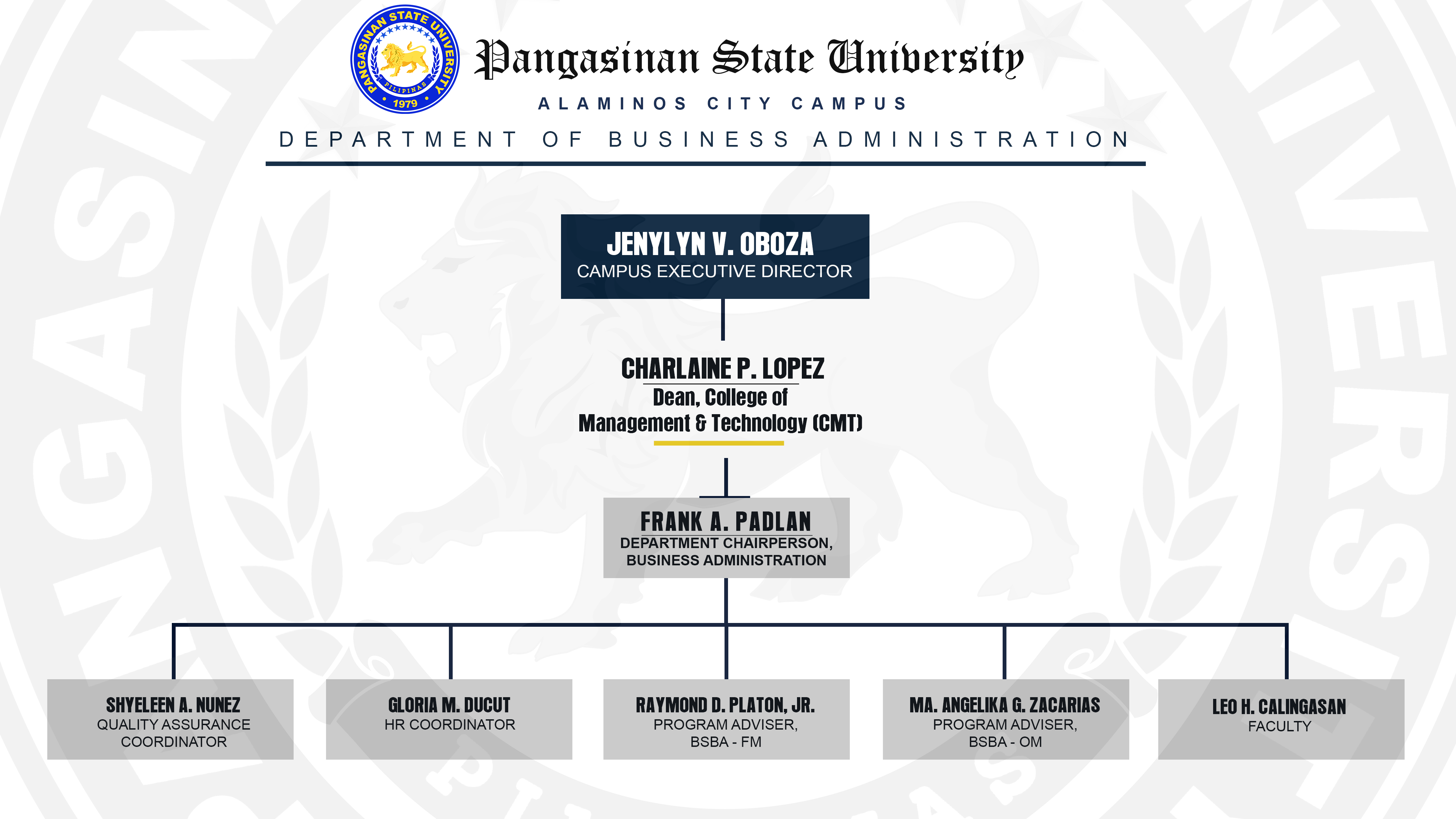
Dr. FRANK A. PADLAN
Department Chair
WELCOME TO THE BA DEPARTMENT!
It’s our pride and honor to share with you the activities and compliances that our program goes through so that we can develop students’ knowledge in business administration students. The success of this program is a testament to the continued efforts of our leaders and faculty to improve our performance in instruction, research, extension, and production. May you guide us better as we continue to strengthen our ability to support the needs of our students and clients. Thank you, and may you have a pleasant virtual experience with us!
2022 CBT Fest
The 2022 CBT Fest spearheaded by the Society of Young Business Administrators (SYBA), the official student organization of the Bachelor of Science in Business Administration, centered on embracing the digital era. This provided junior managers with a fantastic opportunity to develop their entrepreneurial, operations management, and marketing skills.
CAMPUS INTRAMURALS
The SYBA was adjudged as the Overall Champion during the 2019 Alaminos City Campus Intramurals at the Plaza Braganza Enrique. This activity provided students the opportunity to showcase their skills, talents, and beauty. indoor and outdoor sports like chess, volleyball, and basketball were all actively participated in by the BSBA students.
SYBA FEST
Students from the BSBA program put their theoretical knowledge into practice by creating and marketing products which are showcased during the annual celebration of SYBA Fest.
The Business Administration program utilizes an integrated approach to study the inter-relationships among the different functional areas of business and examine how the effective orchestration of these different components of business operations can lead to organizational success. At the end of the program, students are expected to appreciate the economic, social, technological as well as legal environments within which all businesses must operate, and possess the basic business knowledge, skills, values and attitudes to effectively lead an organization and achieve the desired results.
It is an inter-disciplinary and problem-focused program comprising three integrated elements: core business and management education courses, business administration core and major courses. Each major consists of courses designed to develop the critical thinking and analytical information/communication technology skills, human relation, communication, quantitative and computer skills needed by the graduates to successfully serve as leaders in business organizations. The program also addresses contemporary organizational issues such as global competition, continuous quality improvement, good governance, and the relationship between organizations and various environmental forces which are key components of a global economy.
A distinctive feature of the program is that the majority of upper-level courses include a practical project component, offering the opportunity to apply the problem-solving theories and concepts learned in the classroom to real situations. Extensive opportunities are available for students to meet business professionals and gain practical experience.
ACCREDITED
AACCUP LEVEL II
STUDENT’S EMPLOYMENT OPPORTUNITIES
- Management Trainee in Operations/Production
- Operations Management Assistant
- Technical Staff
- Warehouse Assistant
- Cashier
- Trader/Financial Analyst
- Inventory Assistant
- Project Assistant
- Logistics Management Personnel
- Stock Personnel
- Entrepreneur
- Cashier
- Trader/Financial Analyst
- Management Trainee in Corporate Finance
- Management Trainee in a Bank or Insurance Company
- New Account Personnel
- Credit and Collection Assistant
The graduates of the Business Administration programs are expected to assume supervisory and/or managerial responsibilities within their organization, pursue graduate studies in business and management, and manage a business.
-
-
- Demonstrate service orientation in their respective professions.
- Qualified for various types of employment and participate in development activities and public discourses, particularly in response to the needs of the communities they serve.
- Contribute to the generation of new knowledge by participating in various research and development projects.
-
| Program Outcomes | Performance Indicator |
|
Institutional Learning Outcomes (ILO) |
|
|
Common to All Programs in All Types of School (CTS) |
|
|
Common to the Discipline (CD) |
|
|
Specific to a Sub-Discipline and a Major (SM) |
|
|
Common to Graduates of a Horizontal Type of Institution as Defined in CMO 46, S 2012 (CHT) |
|
- Develop the students’ competencies by instilling the latest HM knowledge and skills.
- Develop and enrich the HM education curriculum that is flexible and adaptable to meet the needs of students and the HM industry.
- Promote students’ holistic development to improve their skills and abilities.
- Expand and establish network of linkages with other institutions both private and public to strengthen academe-industry support.
- Establish instruction-related support systems.
